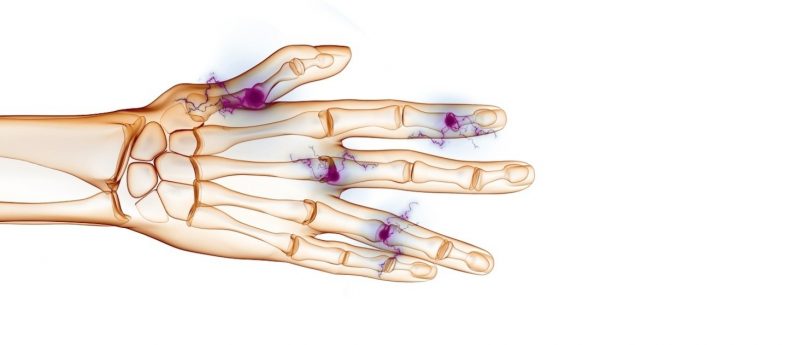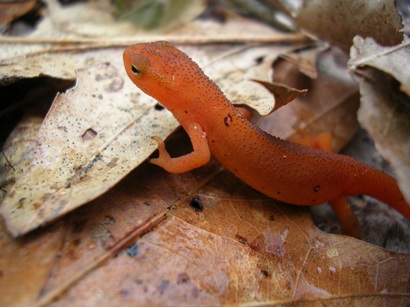Researchers develop dedifferentiation technique to help treat osteoarthritis

A team of researchers from the University of York (UK), funded by Arthritis Research UK, have developed stem cell treatment inspired by newts aiming to repair cartilage in osteoarthritis patients
Osteoarthritis, a condition that causes the joints to become painful and stiff, affects millions of people in the UK alone and approximately a third of people aged 45 years and over. There is currently no treatment to prevent its progression, and patients with severe disease often need to undergo joint replacement surgery.
Scientists at the University of York (UK) have attempted to develop effective stem cell therapy for osteoarthritis inspired by the innate regenerative capacity of animals such as newts. These creatures can regenerate lost tissues and organs after limb severing via cellular dedifferentiation, allowing cells to increase in numbers and generate the specialized cells needed for new tissue formation.

As humans age the number of stem cells decreases and those that remain become less effective at growing and repairing tissue. Dedifferentation does not occur in humans, so researchers at in the University of York (UK) recreated similar conditions in the laboratory by growing human cells as 3D aggregates.
The researchers, led by Dr Paul Genever in the Arthritis Research UK Tissue Engineering Centre, developed a technique to revitalize cells from older people with osteoarthritis to repair worn or damaged cartilage, therefore reducing pain. They cultivated spheroid clusters of cells in tiny cavities, and the process involves reverting cells to an embryonic state. In doing so, the cells eat their own constituents and consequently reduce in size.
Dr Genever stated: “Using this technique, we have shown that human cells can also be dedifferentiated to an early embryonic stage. They are then capable of generating new tissues. We were able to use pharmaceuticals to induce cell self-eating effects and stimulate dedifferentiation though not as effectively as 3D culture, so we need to do more work on this. The next stage is to find out more about the dedifferentiation process so that we can find the right treatment to encourage tissue repair in the damaged joint. That is our aim.”
The research was funded by a £190,158 award from Arthritis Research UK. Dr Stephen Simpson, director of research and programmes at Arthritis Research UK, added: “This is exciting, novel work in the field of regenerative medicine, which although in its early experimental stages, could take us a step closer to our ultimate goal of a more effective and much-needed new treatment for the very many people who live with this painful joint condition.”
Source: http://www.york.ac.uk/news-and-events/news/2015/research/newts-osteoarthritis/